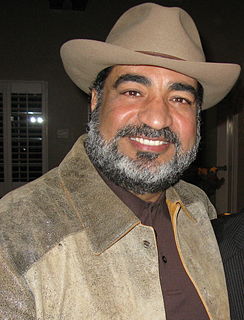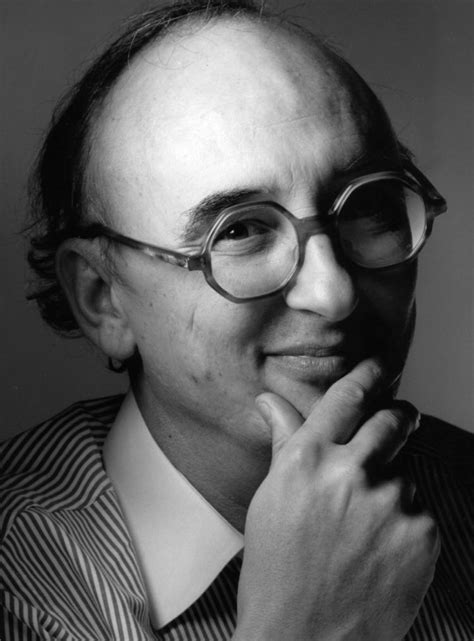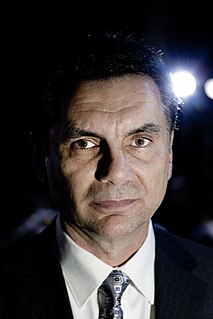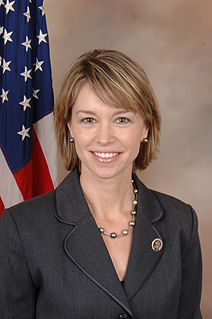A Quote by Marcus Samuelsson
Clean water and access to food are some of the simplest things that we can take for granted each and every day. In places like Africa, these can be some of the hardest resources to attain if you live in a rural area.
Related Quotes
Water is one of the most basic of all needs - we cannot live for more than a few days without it. And yet, most people take water for granted. We waste water needlessly and don't realize that clean water is a very limited resource. More than 1 billion people around the world have no access to safe, clean drinking water, and over 2.5 billion do not have adequate sanitation service. Over 2 million people die each year because of unsafe water - and most of them are children!
These are the things I learned: share everything, play fair. Don't hit people. Put things back where you found them. Clean up your own mess. Don't take things that aren't yours. Say you're sorry when you hurt somebody. Wash your hands before you eat. Warm cookies and cold milk are good for you. Live a balanced life. Learn some and think some and draw some and paint and sing and dance and play and work some every day. Take a nap every afternoon, and, when you go out into the world, watch for traffic, hold hands, and stick together.
Over 1 billion people have no access to clean drinking water, and more than 2.9 billion have no access to sanitation services. The reality is that a child dies every eight seconds from drinking contaminated water, and the sanitation trend is getting sharply worse, mostly because of the worldwide drift of the rural peasantry to urban slums.
I've been around water my whole life, so I basically really learned at a young age the importance of it but also one day, at one point, clean water will be hard to find. There's so many people throughout the world that don't have access to clean water. Obviously we're extremely fortunate to have the opportunities that we have and to have all the water that we have. Like I said, and I can't say it enough, we all should work together to try and conserve as much as we possible can.
I'm the strongest advocate you can imagine for doing things honestly and paying your taxes. Take advantage of every tax break you're legally entitled to. But I follow the letter of the law, because the consequences are severe if you're caught. I was a perpetrator at one time and suffered severe consequences. It is difficult in some places, but if you live in places like California, move somewhere else to save some money.






































